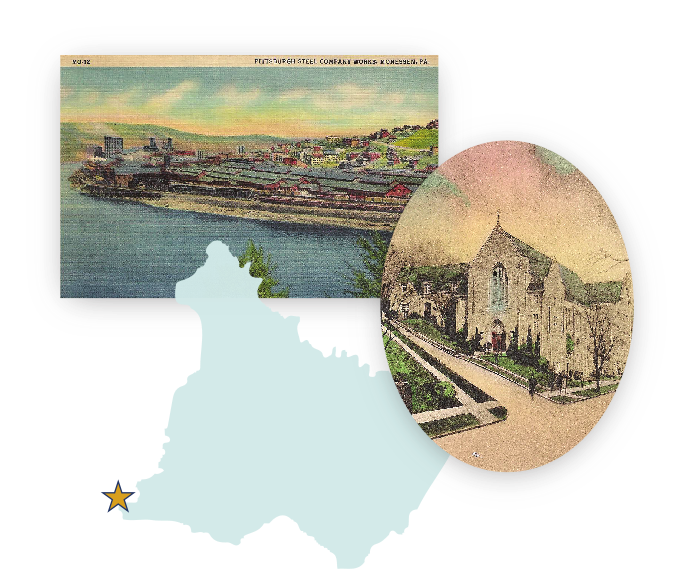Looking Forward
Revitalizing Monessen
“The City of Monessen’s goal is to improve the overall quality of life for the residents of the city, by creating opportunities for investment, community and economic development, placemaking, tourism, innovation, and business. We are also striving to attract new residents and businesses to our city, and show them that it is a wonderful place to live. We are working to revitalizing our city and explore innovative new ways to address longstanding issues, tackle decades of disinvestment, improve our Downtown District, and create a more welcoming, progressive, and functional local government. We hope you’ll join us, as we rebuild our city.”
Monessen's Mayors
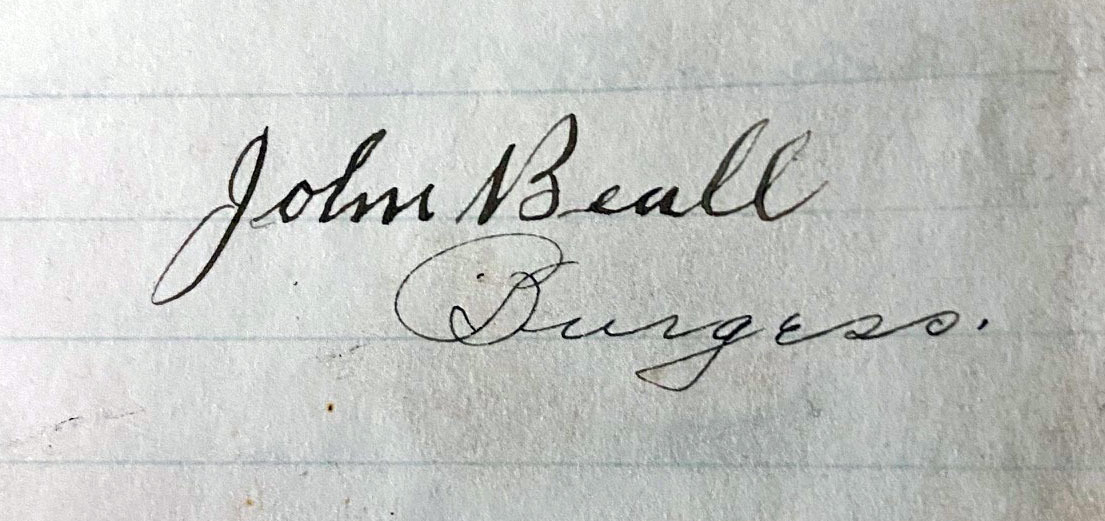 Mayor (Burgess) Beall, 1898-1899
Mayor (Burgess) Beall, 1898-1899
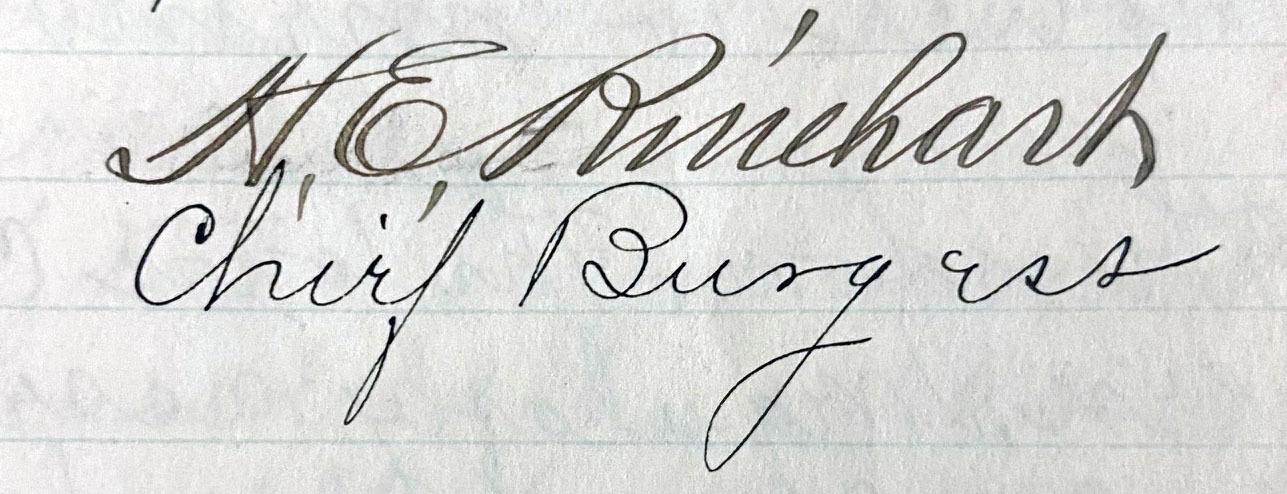 Mayor (Burgess) Rinehart, 1899-1900
Mayor (Burgess) Rinehart, 1899-1900
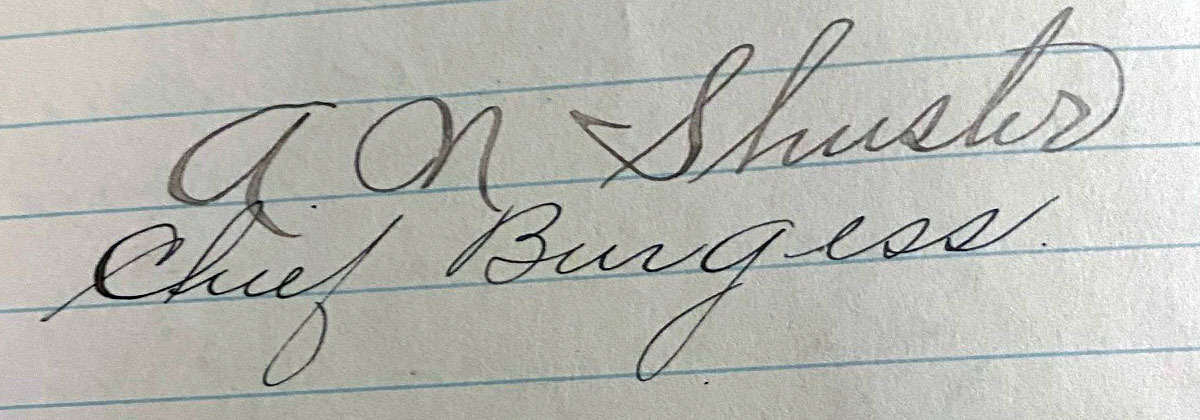 Mayor (Burgess) Shuster, 1901-1904
Mayor (Burgess) Shuster, 1901-1904
 Mayor (Burgess) Shutterly, 1905-1908
Mayor (Burgess) Shutterly, 1905-1908
 Mayor (Burgess) Reamer, 1909-1912
Mayor (Burgess) Reamer, 1909-1912
 Mayor (Burgess) Dunlop, 1913-1916
Mayor (Burgess) Dunlop, 1913-1916
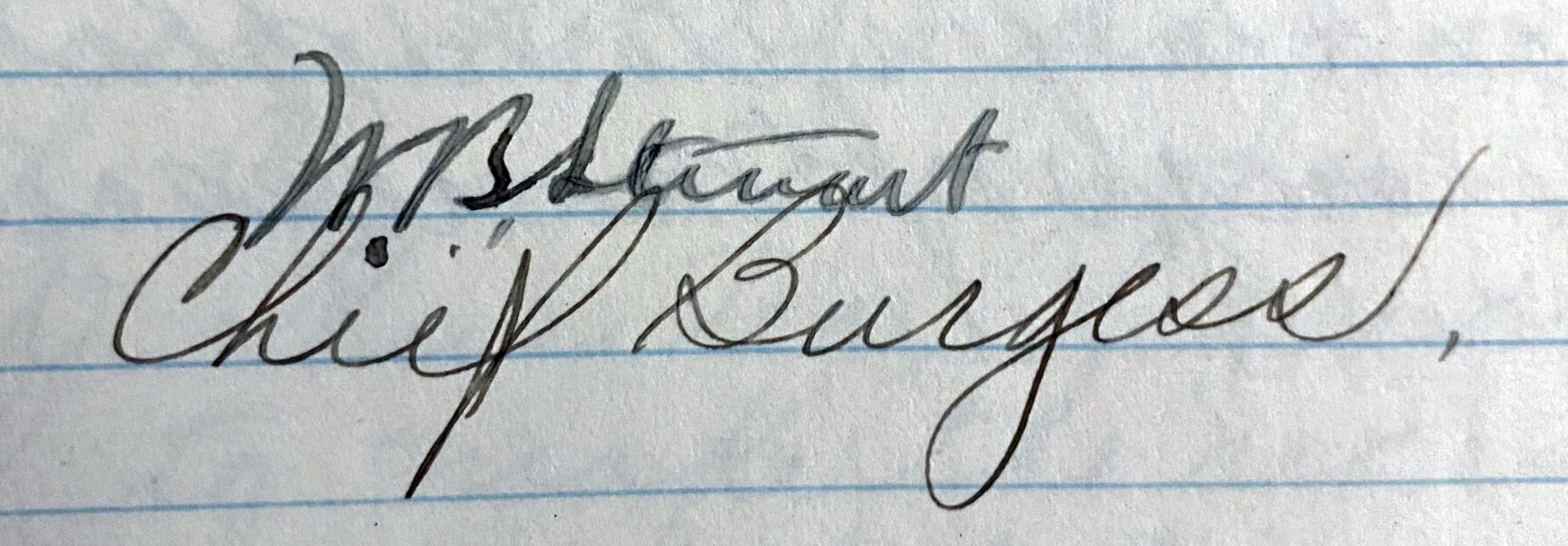 Mayor (Burgess) Stewart, 1917-1920
Mayor (Burgess) Stewart, 1917-1920
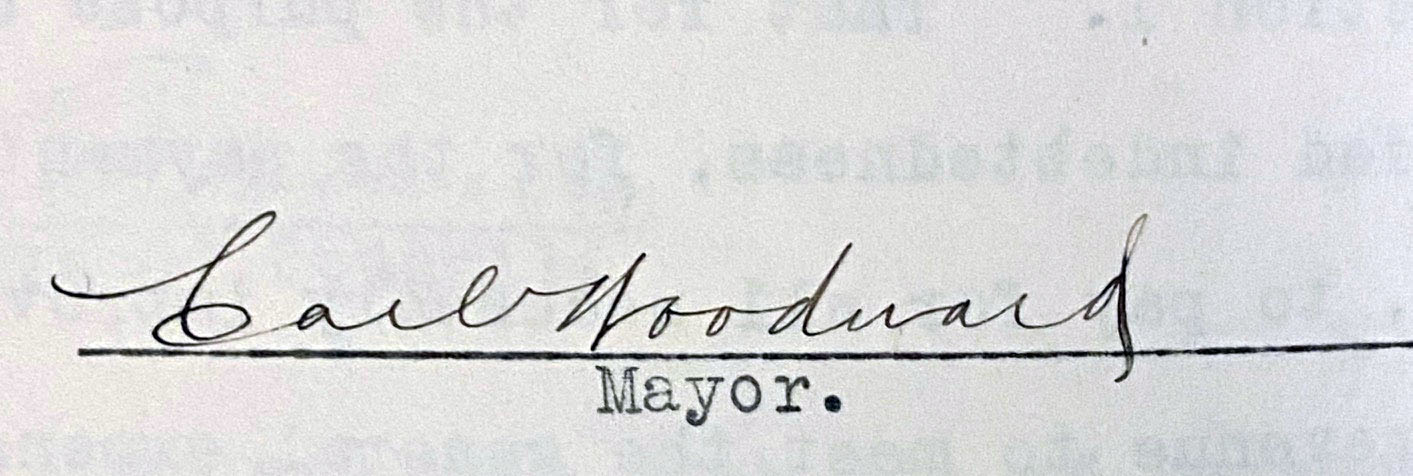 Mayor Woodward, 1921-1933
Mayor Woodward, 1921-1933
 Mayor Gold, 1934-1941
Mayor Gold, 1934-1941
 Mayor Lescanac, 1942-1945
Mayor Lescanac, 1942-1945
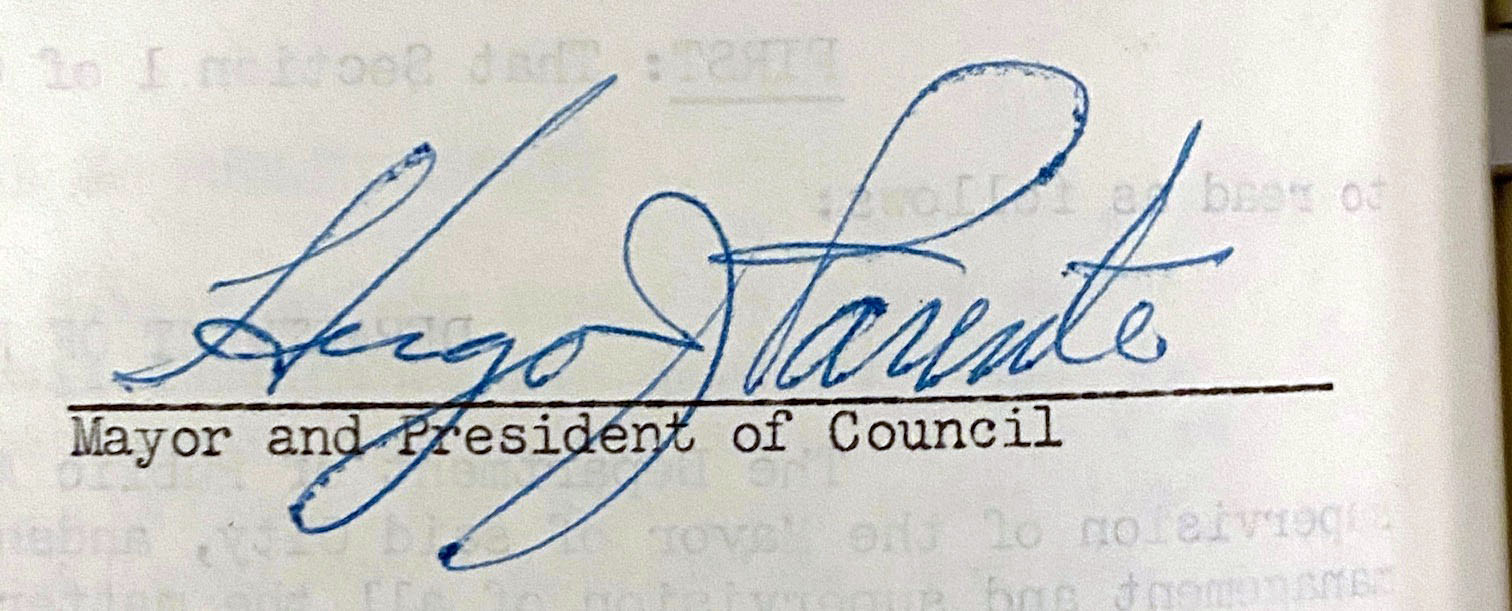 Mayor Parente, 1946-1971
Mayor Parente, 1946-1971
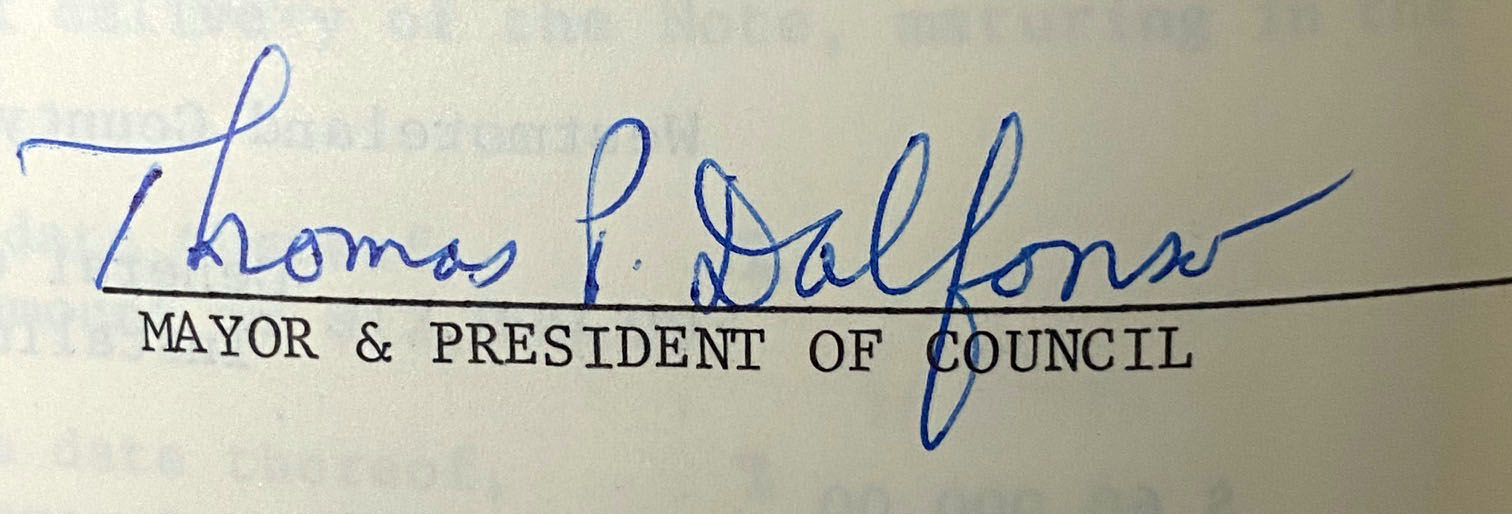 Mayor Dalfonso, 1972-1977
Mayor Dalfonso, 1972-1977
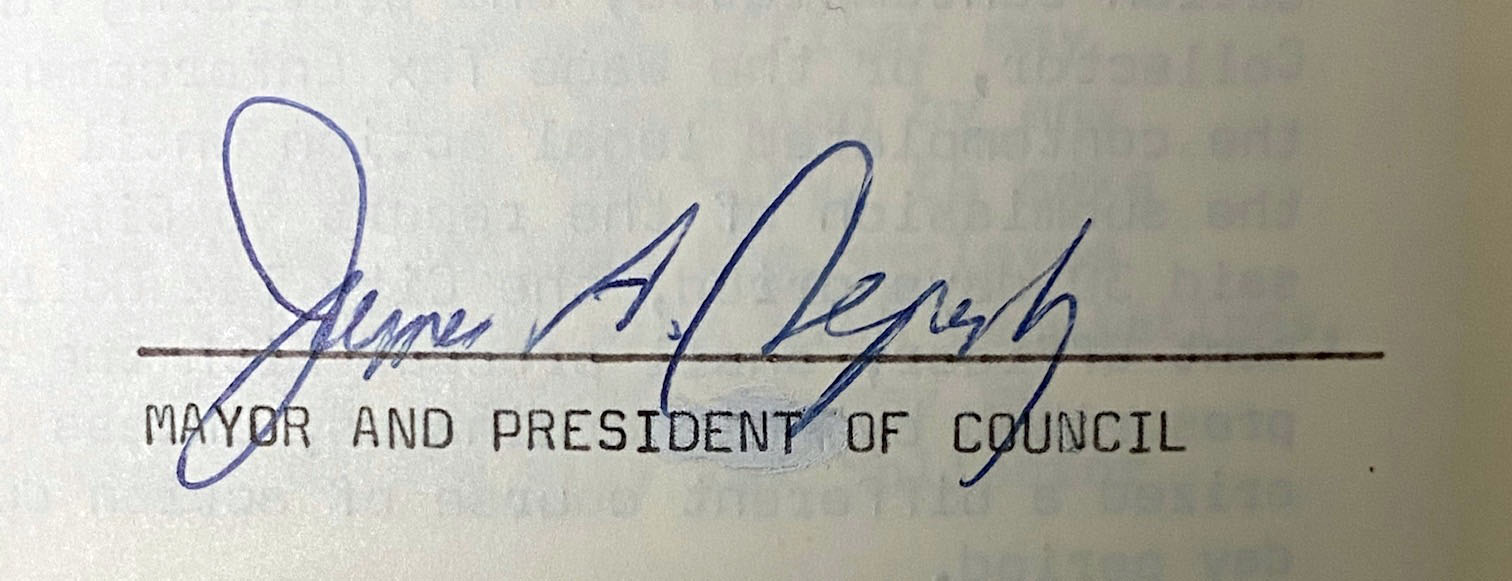 Mayor Sepesky, 1978-1989
Mayor Sepesky, 1978-1989
 Mayor Leone, 1990-1997
Mayor Leone, 1990-1997
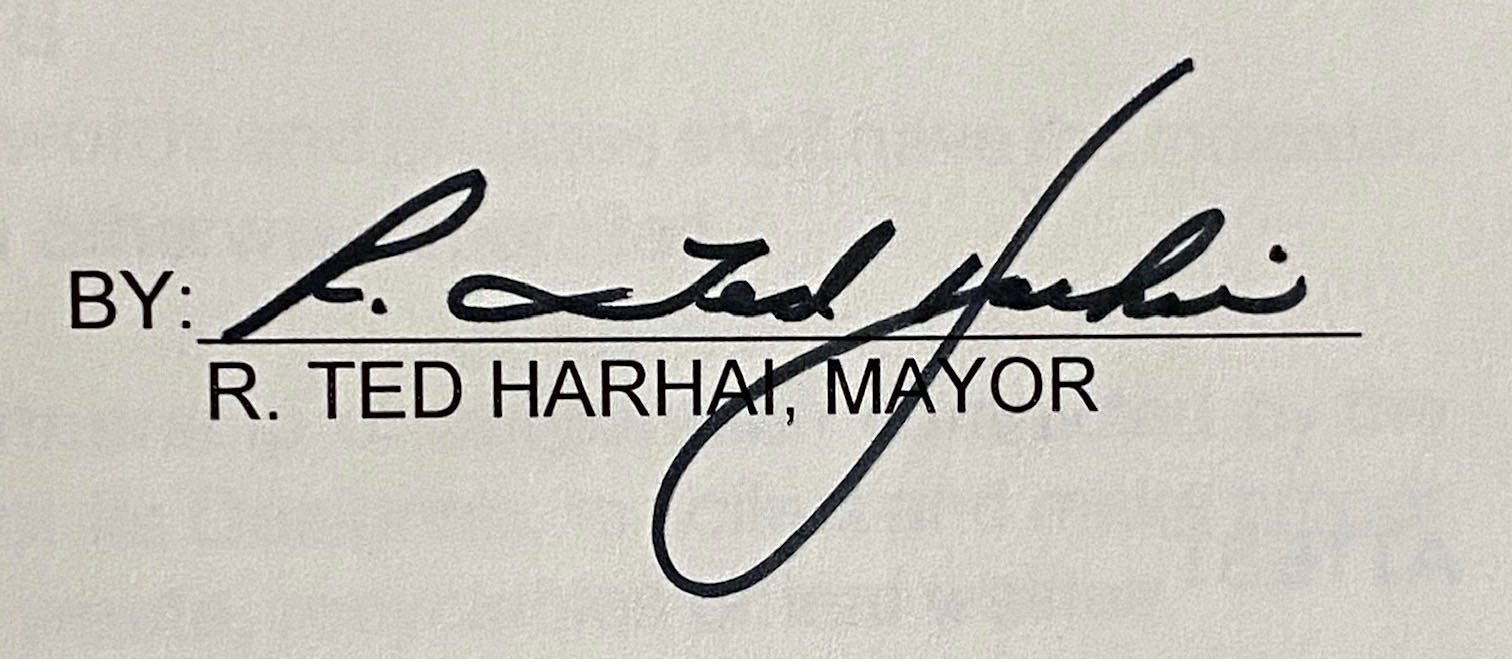 Mayor Harhai, 1998-2001
Mayor Harhai, 1998-2001
 Mayor DeLuca, 2002-2005
Mayor DeLuca, 2002-2005
 Mayor Petaccia, 2006-2009
Mayor Petaccia, 2006-2009
 Mayor Smith, 2010-2013
Mayor Smith, 2010-2013
 Mayor Mavrakis, 2014-2017
Mayor Mavrakis, 2014-2017
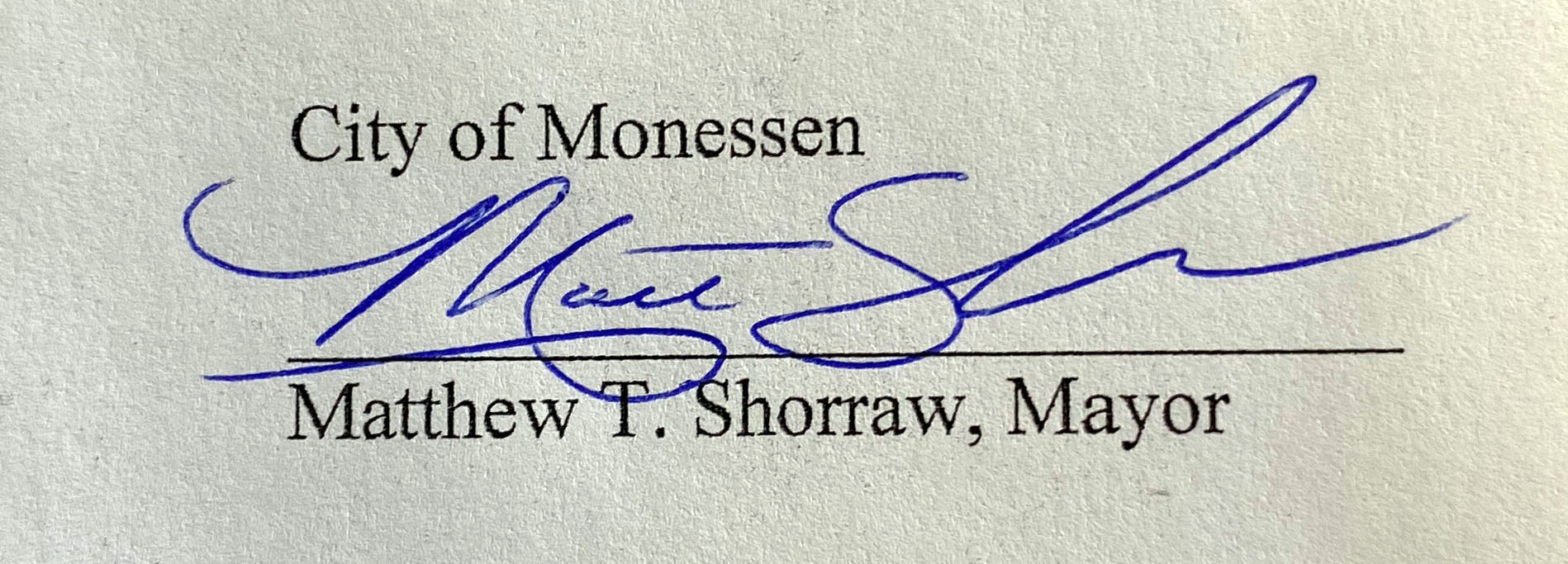 Mayor Shorraw, 2018-2021
Mayor Shorraw, 2018-2021
 Ron Mozer, 2022-
Ron Mozer, 2022-

